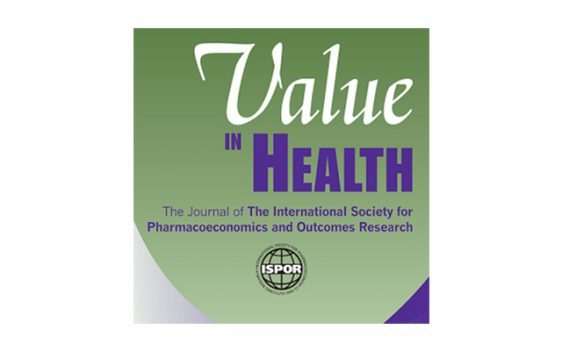Evidence-based health-care decision making requires comparisons of all relevant competing interventions. In the absence of randomized, controlled trials involving a direct comparison of all treatments of interest, indirect treatment comparisons and network meta-analysis provide useful evidence for judiciously selecting the best choice(s) of treatment. Mixed treatment comparisons, a special case of network meta-analysis, combine direct and indirect evidence for particular pairwise comparisons, thereby synthesizing a greater share of the available evidence than a traditional meta-analysis. This report from the ISPOR Indirect Treatment Comparisons Good Research Practices Task Force provides guidance on the interpretation of indirect treatment comparisons and network meta-analysis to assist policymakers and health-care professionals in using its findings for decision making.
Source: Value in Health



